Transcribe Text - OCR for text extraction

Hello! Ready to transcribe your documents.
AI-powered tool for instant transcription
Read this image for me.
What does this document say?
Can you extract text from this PDF?
Transcribe the following image.
Get Embed Code
Introduction to Transcribe Text
Transcribe Text is a specialized OCR (Optical Character Recognition) service designed to convert images or PDFs containing text into machine-readable formats. The primary function of Transcribe Text is to interpret and transcribe text found within visual data, such as scanned documents, photographs of printed materials, or screenshots. The purpose behind its design is to enable users to efficiently digitize, store, and manipulate text that exists in physical or image-based formats. This is particularly useful in cases where manually typing out the text would be time-consuming or impractical. For example, if a user has an image of a historical manuscript or an old book that hasn't been digitized, Transcribe Text can be used to convert the visual text into a digital, editable format. Similarly, a business may use the service to extract data from scanned contracts, making it easier to store, search, and analyze the documents. In both cases, the service ensures a high level of accuracy and retains the original formatting where possible, providing an efficient alternative to manual transcription. Powered by ChatGPT-4o。

Main Functions of Transcribe Text
Text Extraction from Images
Example
A photograph of a handwritten letter is uploaded, and the service transcribes the handwritten text into a digital format.
Scenario
In a legal case, a lawyer has images of several handwritten documents from an archive. Instead of manually transcribing each letter, they use Transcribe Text to extract and digitize the content, allowing for easier citation and inclusion in their case files.
PDF Scanning and Text Recognition
Example
A scanned contract in PDF format is processed, and the embedded text is extracted for editing and revision.
Scenario
A business receives contracts in scanned PDFs. Transcribe Text enables them to quickly extract the contractual clauses, allowing for easy modifications and updates to the agreements without needing to retype entire sections.
Text Formatting Preservation
Example
A document containing headers, bullet points, and specific indentation is processed, and the output text retains these formatting features.
Scenario
An academic researcher has a scanned copy of a journal article that includes structured sections and citations. Transcribe Text preserves the formatting, making it easier for the researcher to organize and reference the material in their own work.
Support for Multilingual Text
Example
An image containing text in both English and Spanish is uploaded, and Transcribe Text accurately extracts and separates the content in both languages.
Scenario
A publishing company needs to digitize a multilingual brochure for their international audience. Transcribe Text processes the images, extracting the bilingual content while maintaining the correct separation of languages for localization and distribution.
Data Extraction for Structured Documents
Example
An invoice image is processed, and the service extracts important fields like invoice number, date, and total amount.
Scenario
An accounting firm uses Transcribe Text to automate the extraction of relevant data from hundreds of scanned invoices. This allows them to populate their accounting software without manually inputting each data point, saving significant time.
Ideal Users of Transcribe Text
Researchers and Academics
Researchers often deal with large volumes of text in both physical and digital formats. Transcribe Text helps them digitize older manuscripts, books, and academic journals, making it easier to store and search for specific content. Additionally, the service ensures formatting preservation, critical for citations and structured academic writing.
Businesses and Legal Professionals
Businesses and law firms regularly handle contracts, invoices, and other important documents in scanned or image form. Transcribe Text offers a solution for converting these into editable formats, facilitating easier revision, search, and data extraction. It improves workflow efficiency by eliminating the need for manual transcription.
Writers and Content Creators
Authors and content creators who work with handwritten drafts or source materials from various mediums benefit from using Transcribe Text to quickly transcribe their notes into digital formats. This allows them to focus more on writing and less on typing up their drafts.
Archivists and Librarians
Archivists working in libraries or museums often need to digitize historical texts, manuscripts, or rare books. Transcribe Text helps them convert these materials into digital formats for preservation and public access, all while ensuring that the original formatting and structure are maintained.
Multilingual Professionals and Translators
Multilingual workers and translators often deal with documents in multiple languages. Transcribe Text's ability to recognize and transcribe multilingual content makes it an ideal tool for translating or editing texts from various sources, increasing productivity and ensuring accuracy.

How to Use Transcribe Text
1
Visit yeschat.ai for a free trial without login, also no need for ChatGPT Plus.
2
Upload your image or PDF containing the text you want to transcribe. Supported formats include high-resolution images (JPG, PNG) and PDFs.
3
Once the document is uploaded, the system will automatically process and extract the text. For complex documents, review the results for accuracy, as OCR may vary with image quality.
4
Copy or download the transcribed text. You can format, edit, or use it in other applications such as word processors or content management systems.
5
For best results, ensure the source image or document has clear text with no visual obstructions, like overlapping elements, and proper lighting.
Try other advanced and practical GPTs
Text Improver
Enhance Your Writing with AI
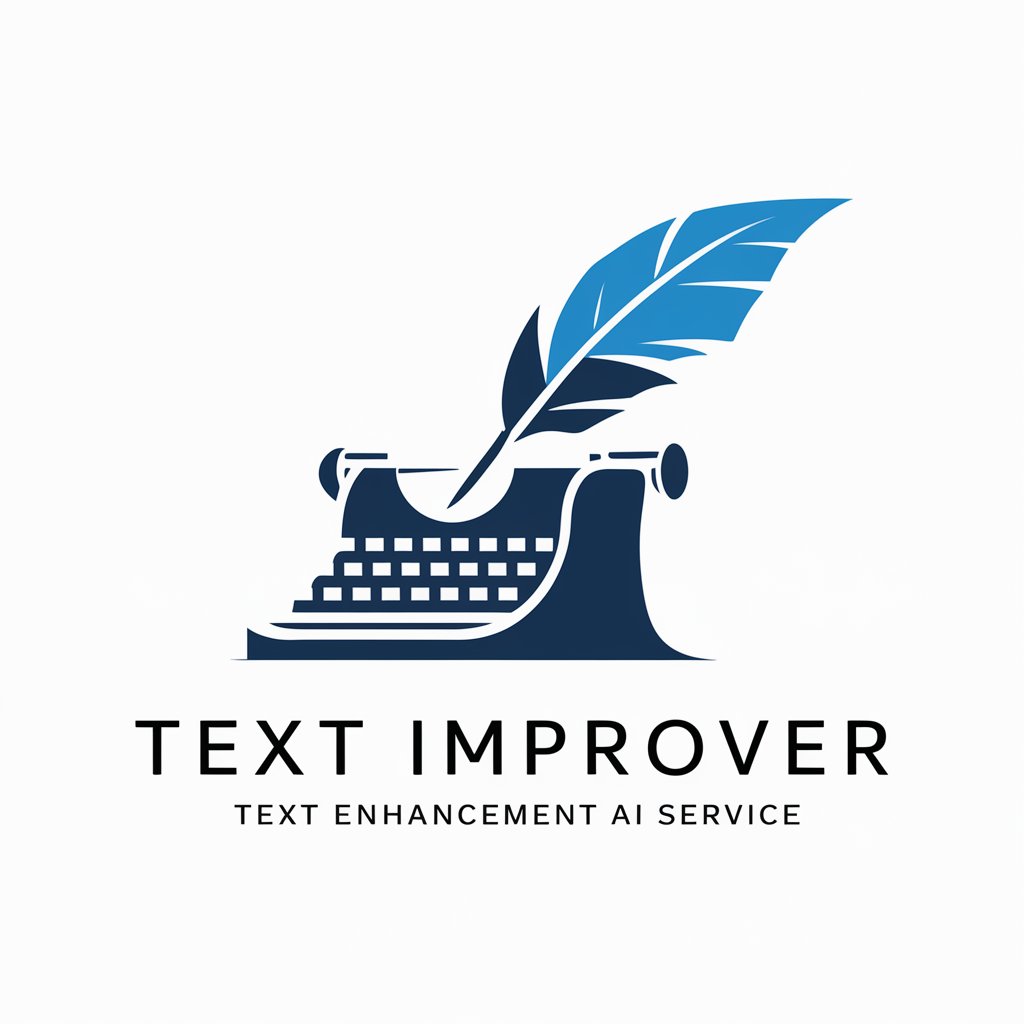
Text Summarizer
Simplify reading with AI-powered summaries
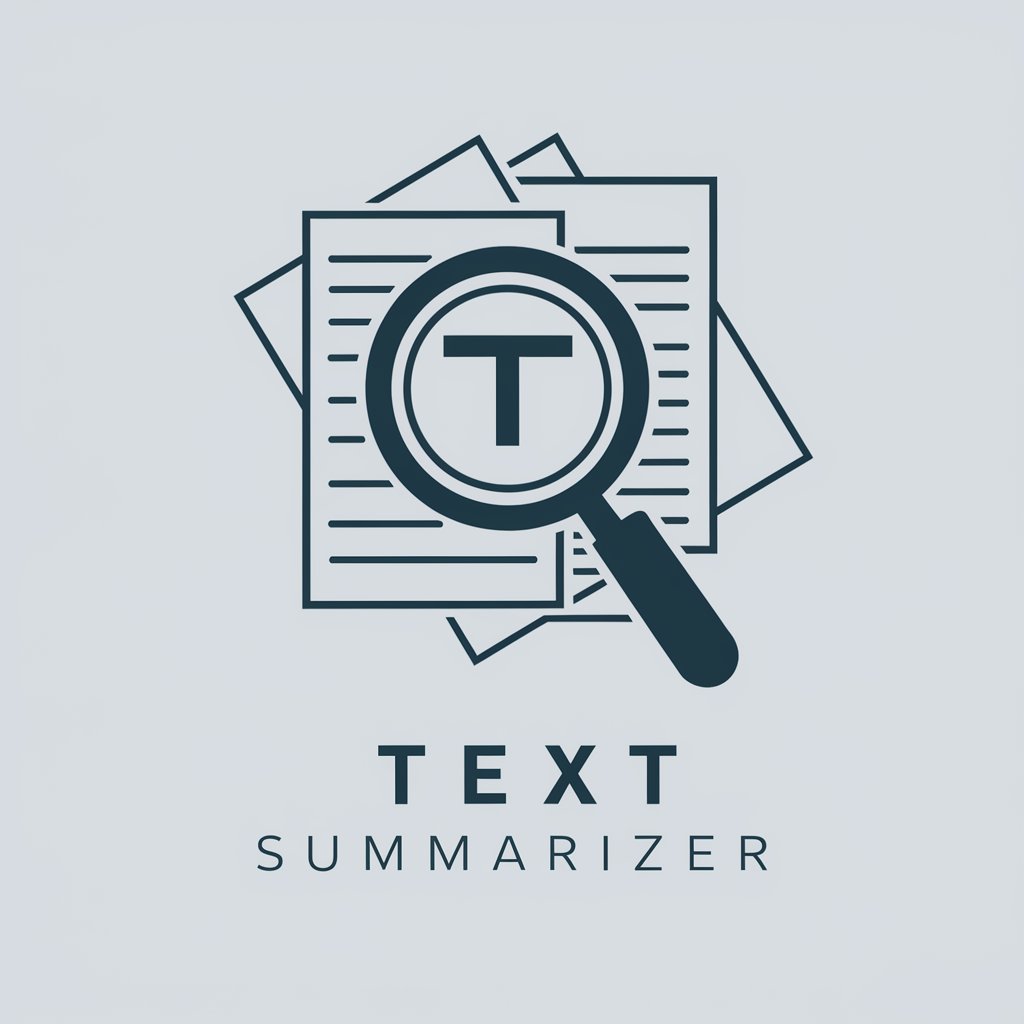
Text Improver
Elevate your writing with AI-powered precision.
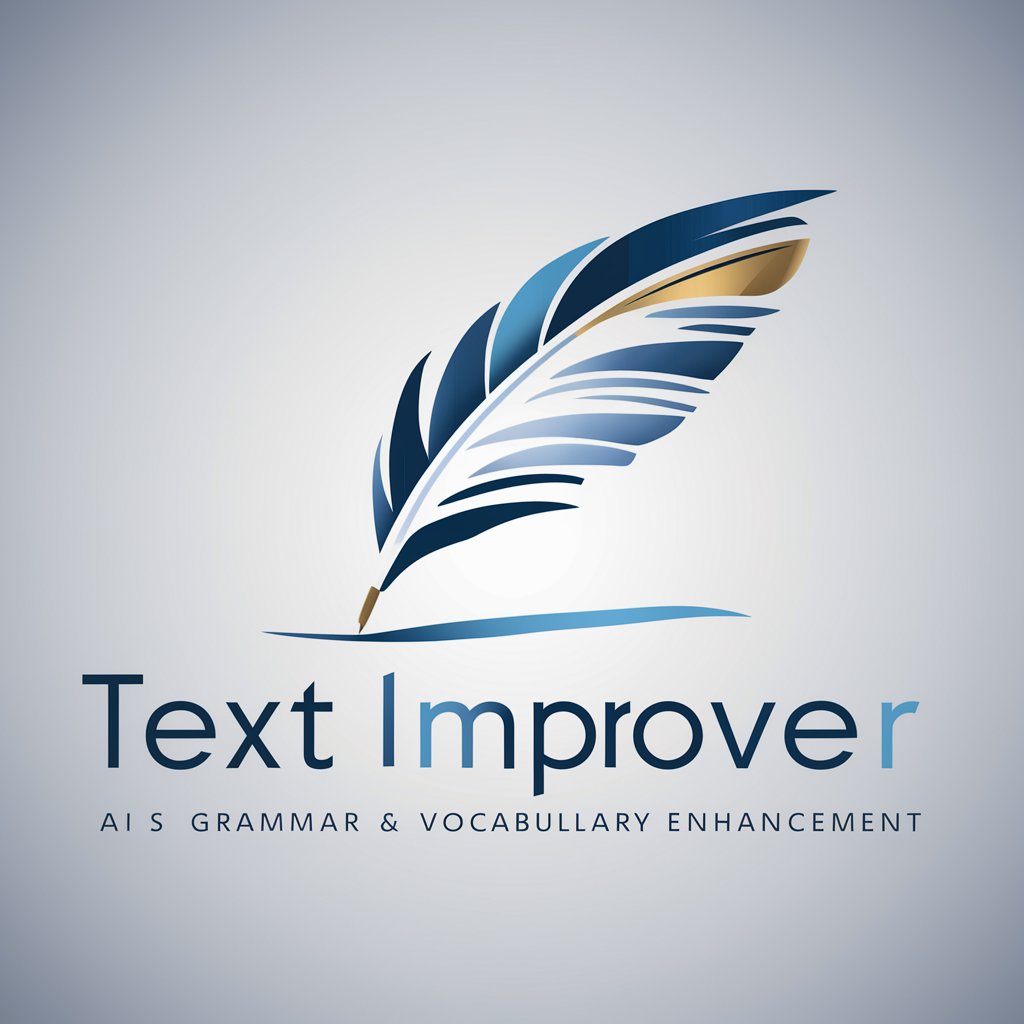
Text Transcriber
AI-powered text extraction tool
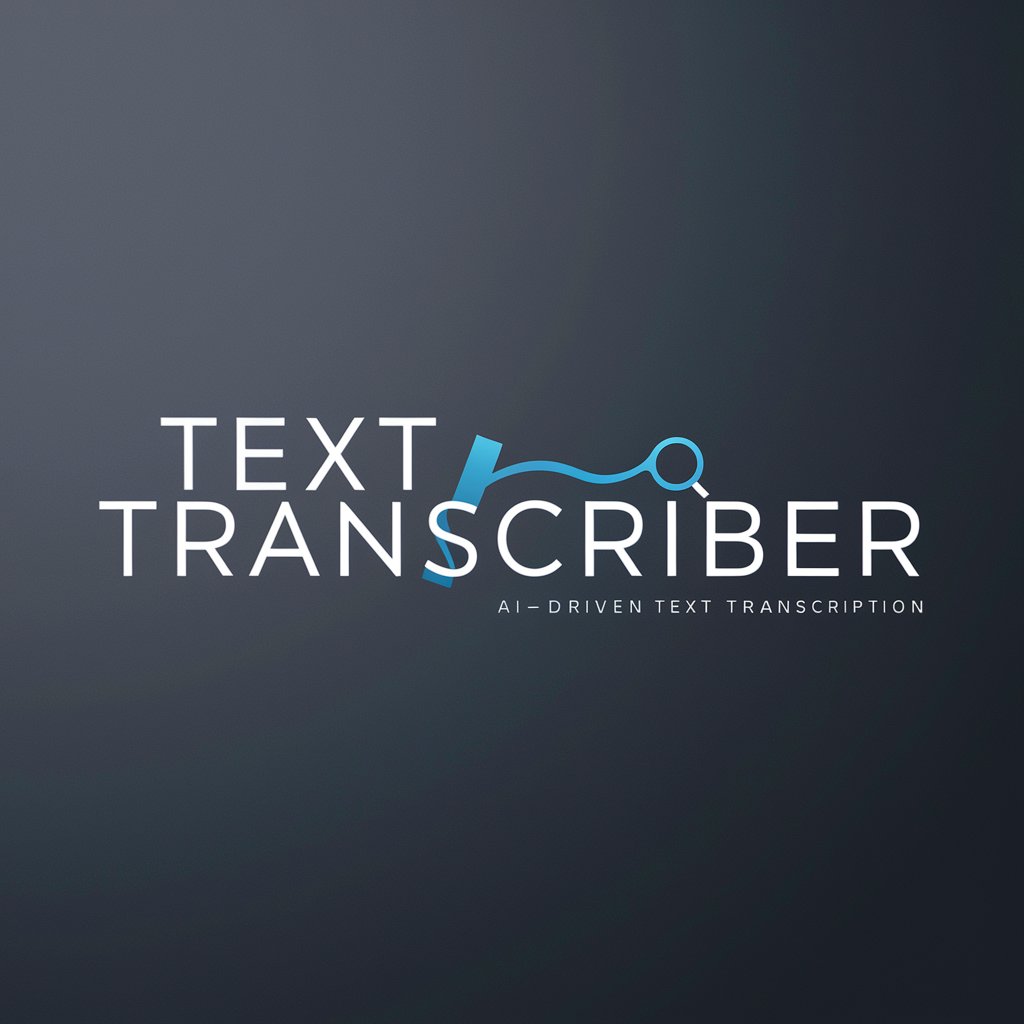
Text Creator
Crafting AI-Powered Educational Texts
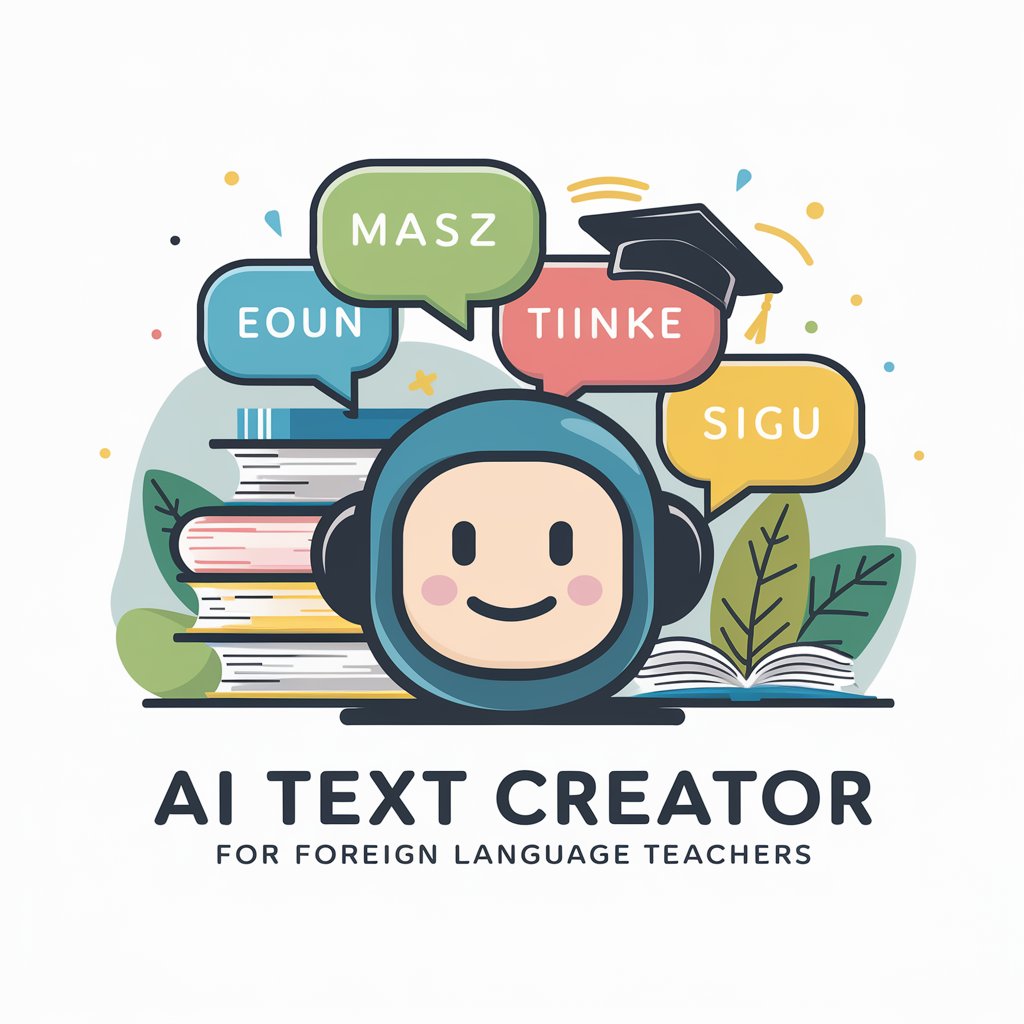
Text Analyst
Elevate Your Writing with AI
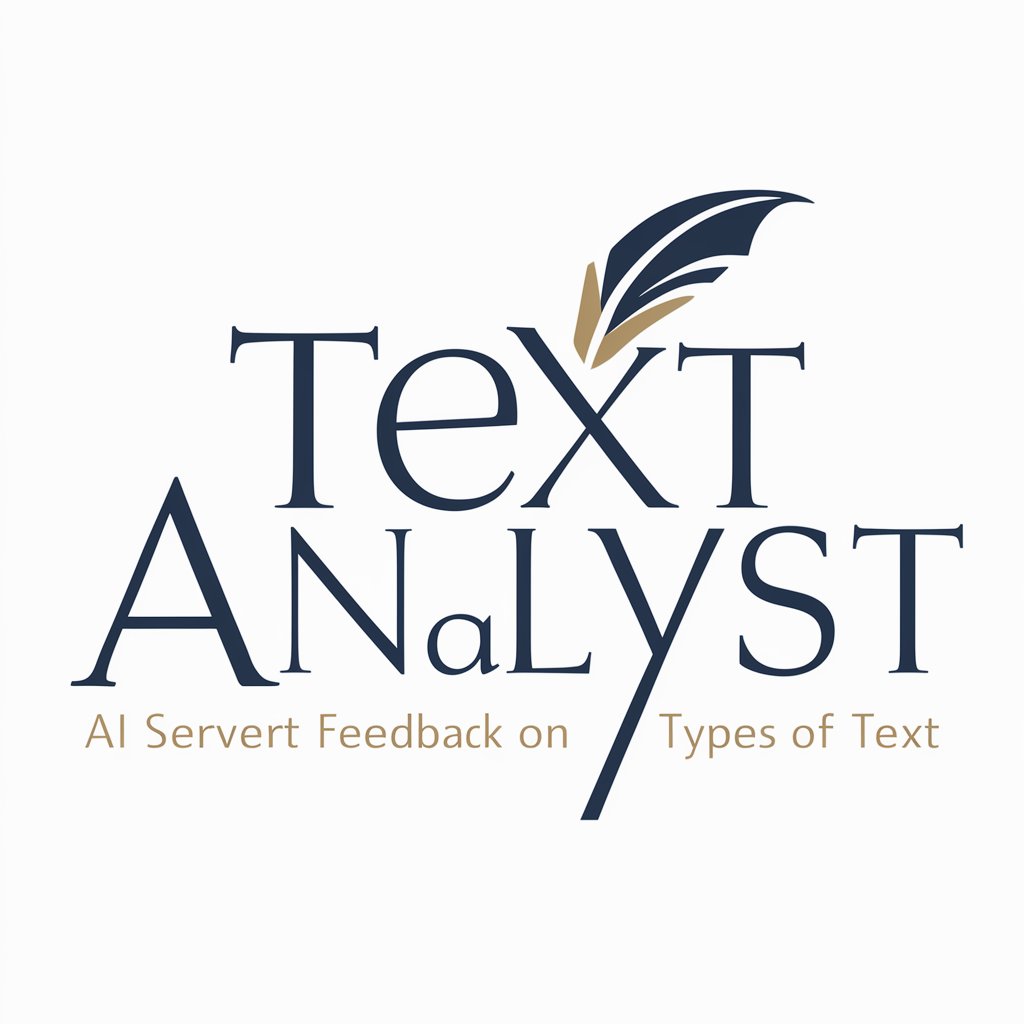
Zecond Opinion
AI-powered Zoho Expertise at Your Fingertips

Opinion Aide
Power Your Opinions with AI

Opinion TV Show
Your AI-powered insight generator

Contrarian Opinion
Challenge Your Views with AI
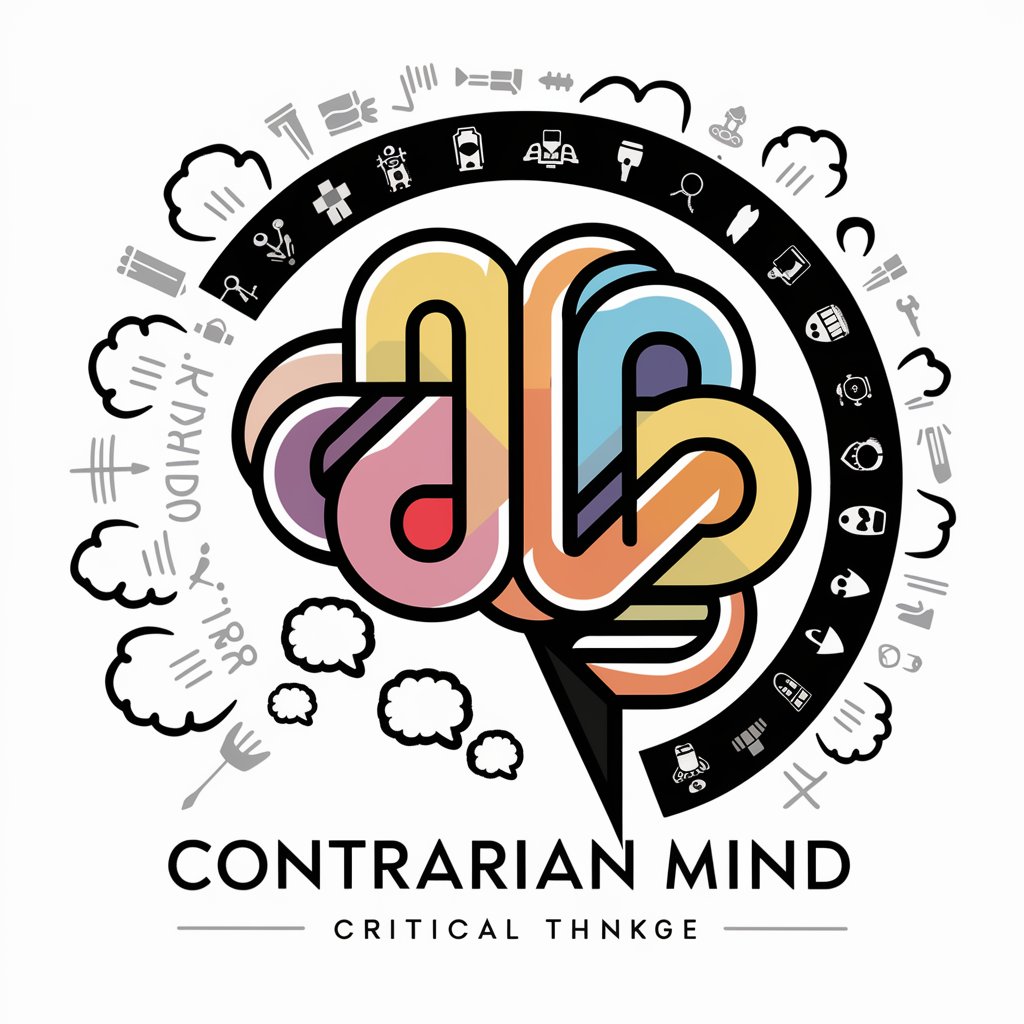
2nd Opinion MD
Empowering Your Health Decisions with AI

Critical Opinion Responder
Transforming Criticism into Insight
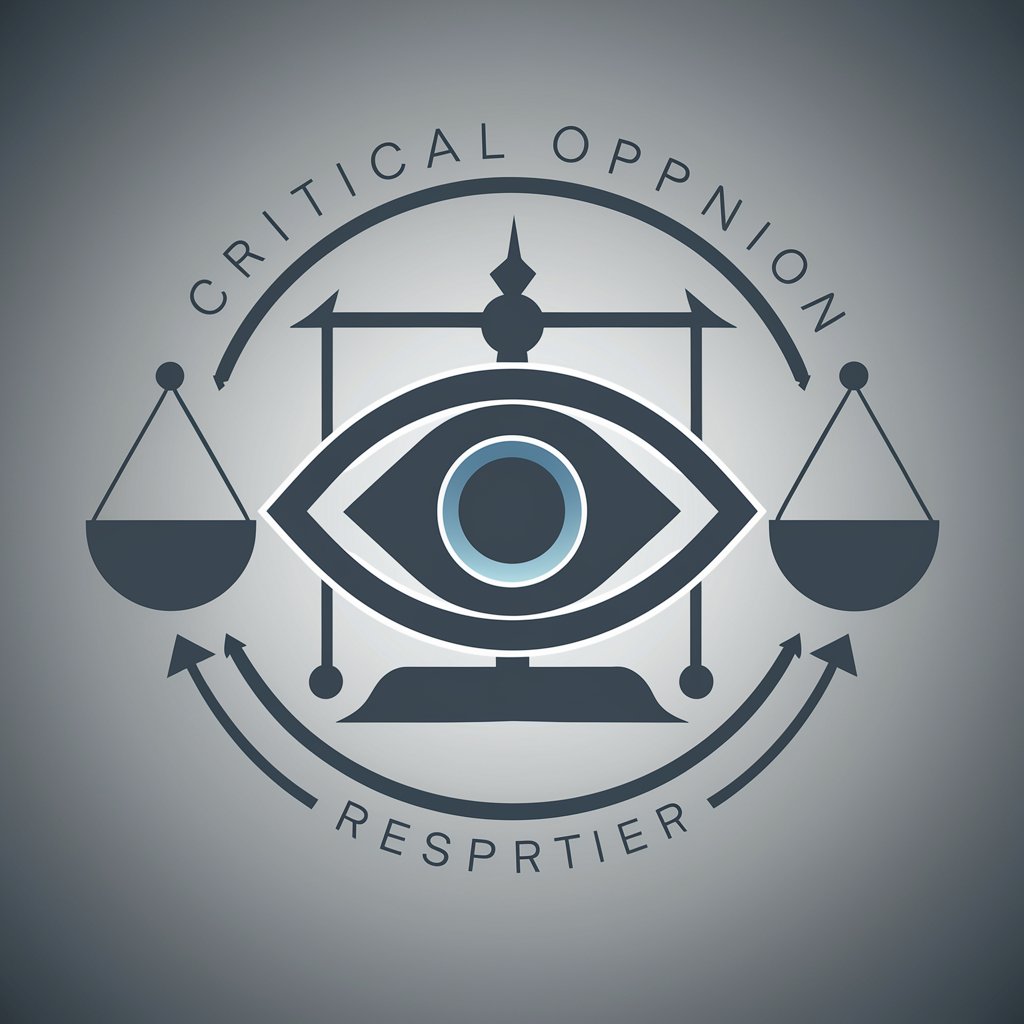
Transcribe Text - Frequently Asked Questions
What formats are supported by Transcribe Text?
Transcribe Text supports multiple formats, including high-resolution images (such as JPG, PNG) and PDFs. Ensure your files are clear and legible for the best transcription results.
Do I need to have a premium account to use Transcribe Text?
No, you don’t need a premium account like ChatGPT Plus. Transcribe Text offers a free trial directly from yeschat.ai with no login required.
How accurate is Transcribe Text when transcribing complex documents?
Accuracy depends on the quality of the input image or document. For best results, upload documents with clear, unobstructed text. It may struggle with poor image quality, unusual fonts, or handwritten text.
Can Transcribe Text handle handwriting?
While Transcribe Text excels at printed and typed text, it may have difficulty accurately transcribing handwritten documents due to the variability in handwriting styles.
What are the typical use cases for Transcribe Text?
Transcribe Text is ideal for digitizing printed materials, extracting text from scanned academic papers, converting images with text to editable formats, and transcribing receipts, contracts, or historical documents.
